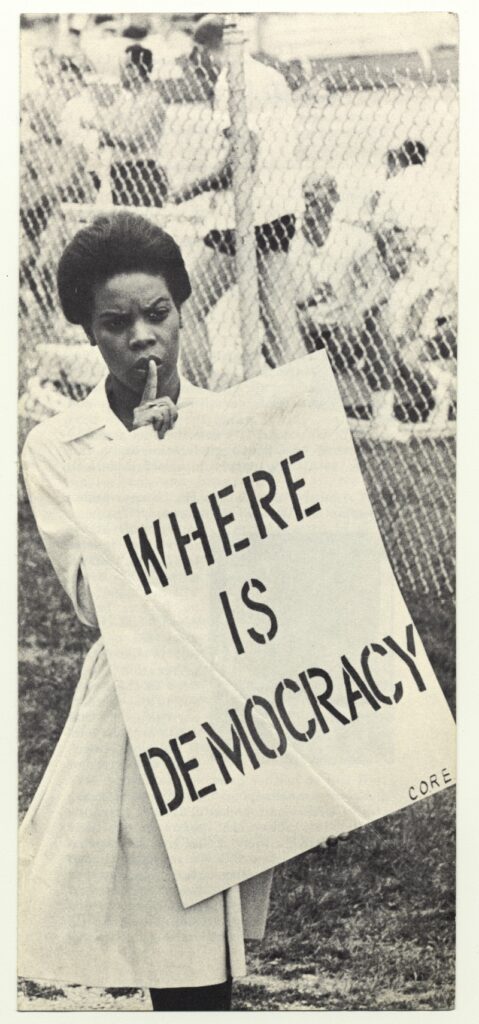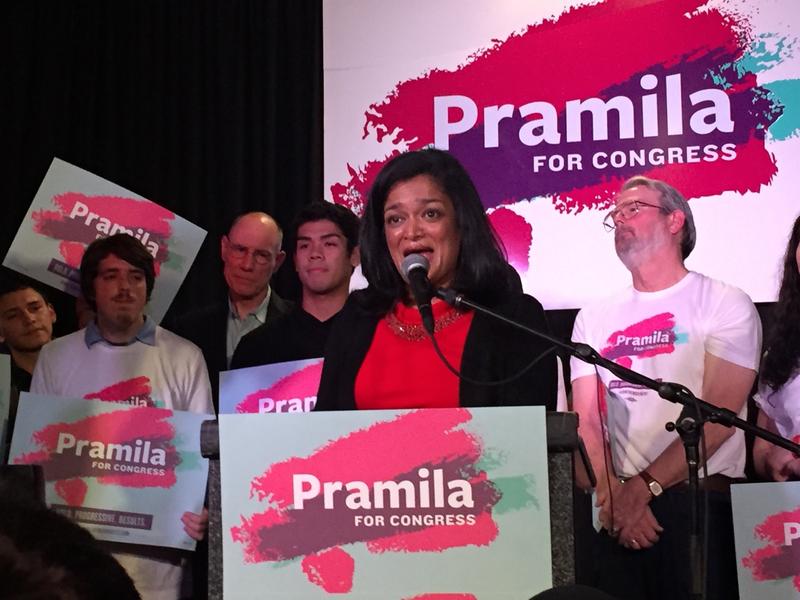
Revolt — For Kamala Harris and the Women who could save an Ideal
Revolt and find beauty in Life;
or, in Death.
Life has no value in a world without elegant Ideals.
Ideals exist for us to navigate and to move towards;
Without a North Star;
Or, Southern Cross;
Be lost as Ancient Mariners
Strangled by an Orange Albatross
Democracy is an elegant ideal.

(By Heidi Lindemann and Michael Perry)
(Image Credit 1: Henry Chalfant, Revolt / Anacostia Community Museum)
(Image Credit 2: Sheila Machlis Alexander, CORE / National Museum of American History)


